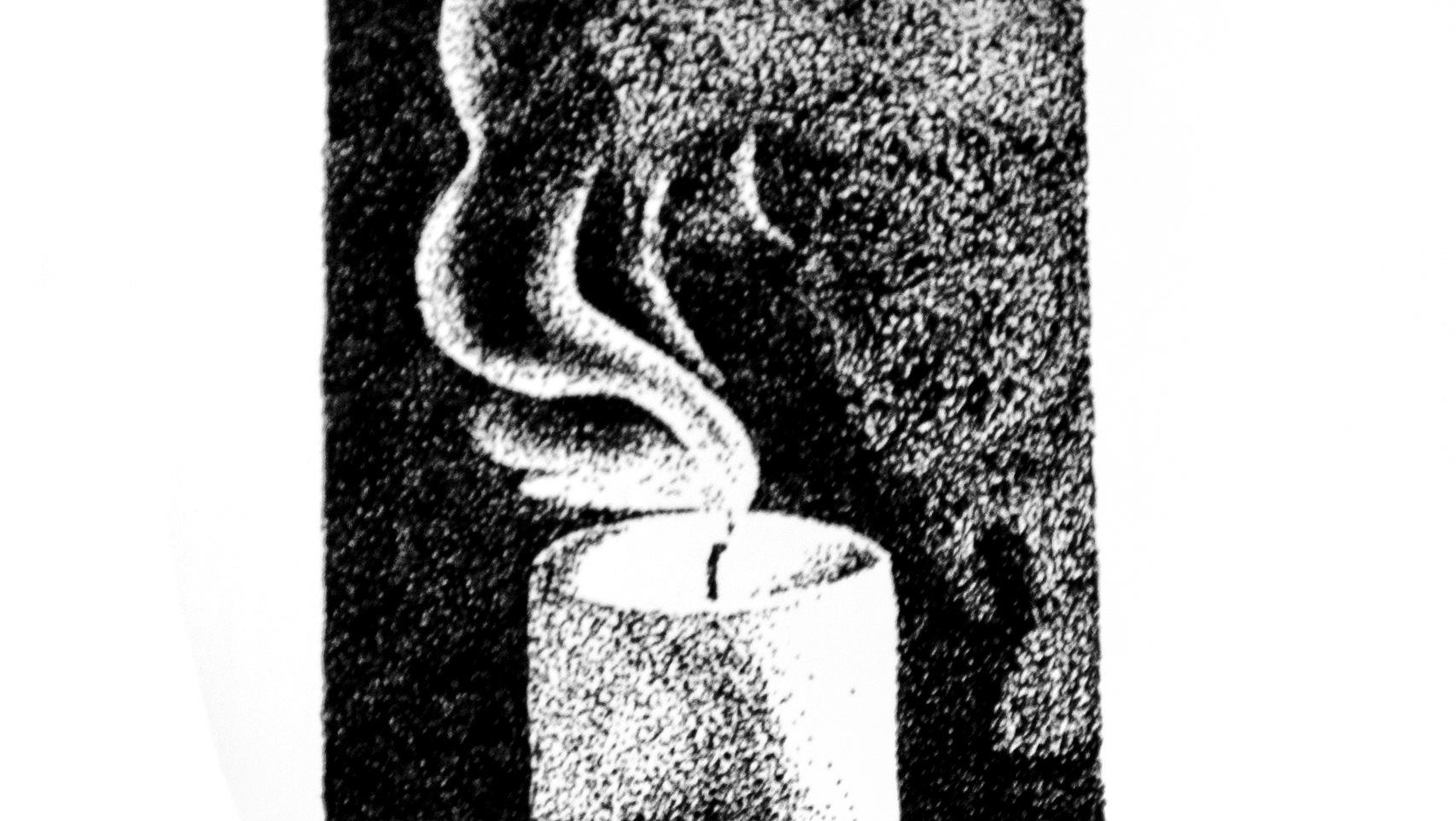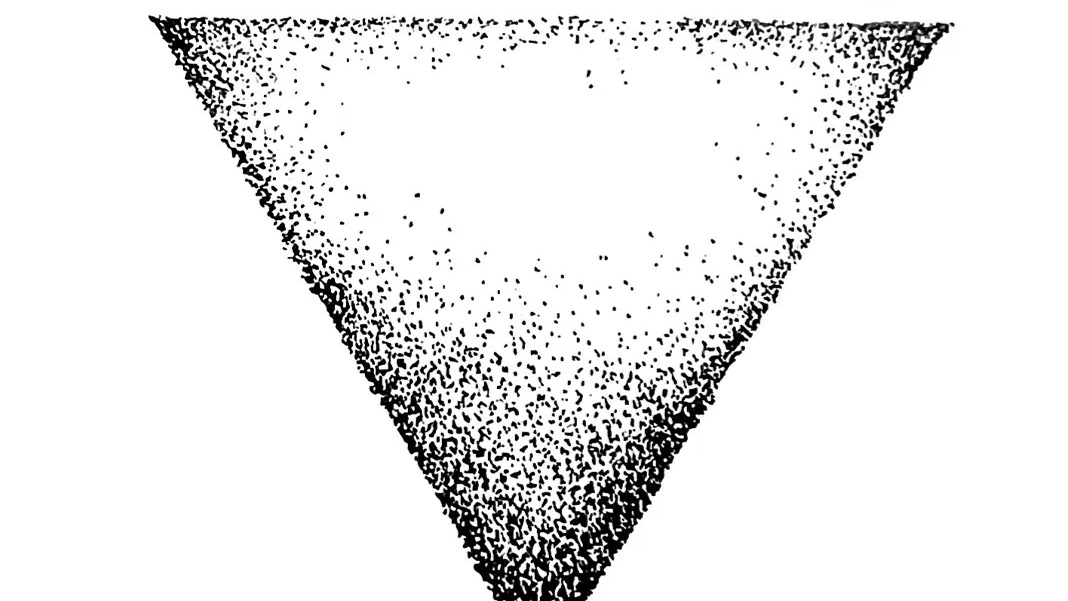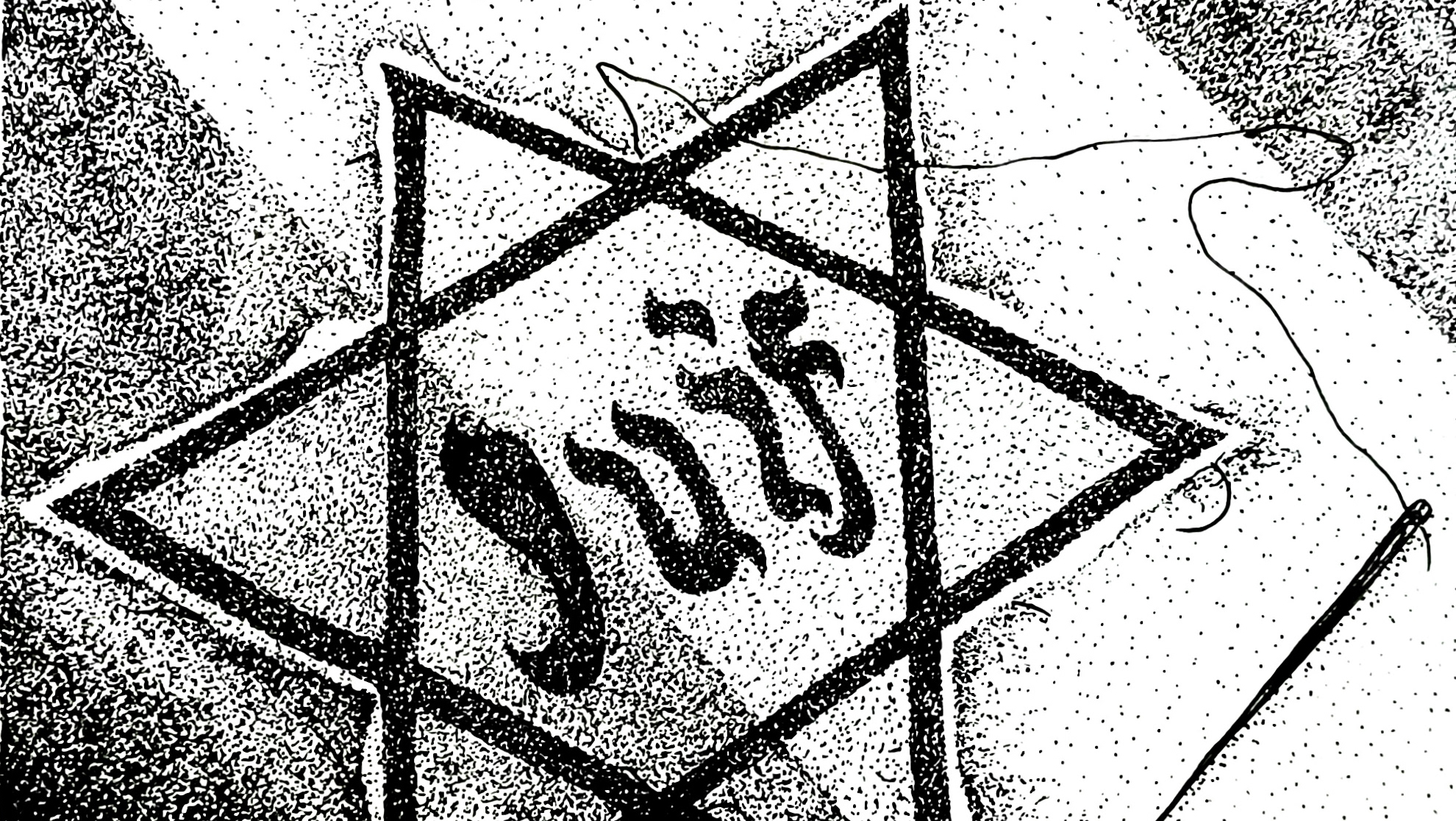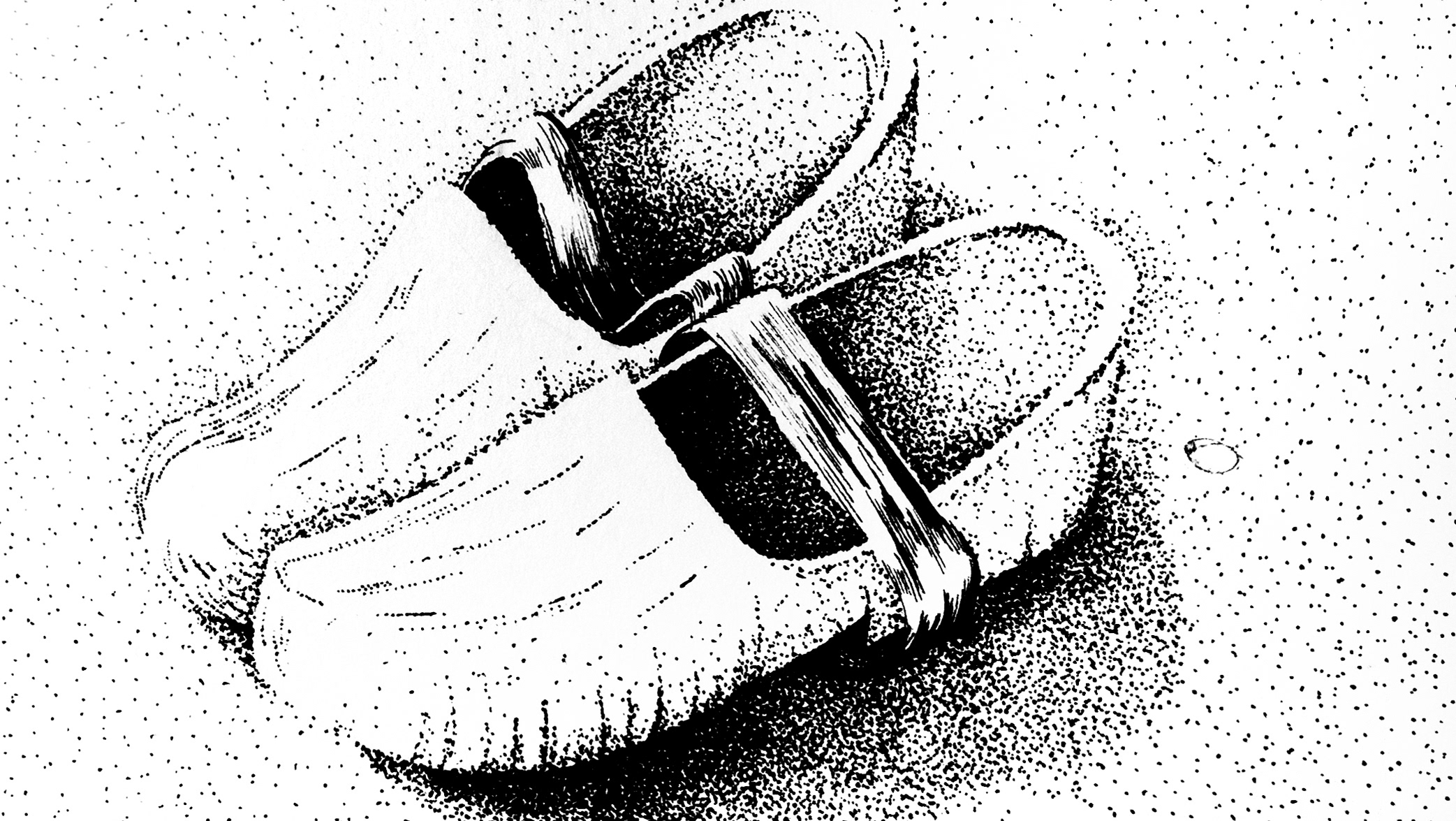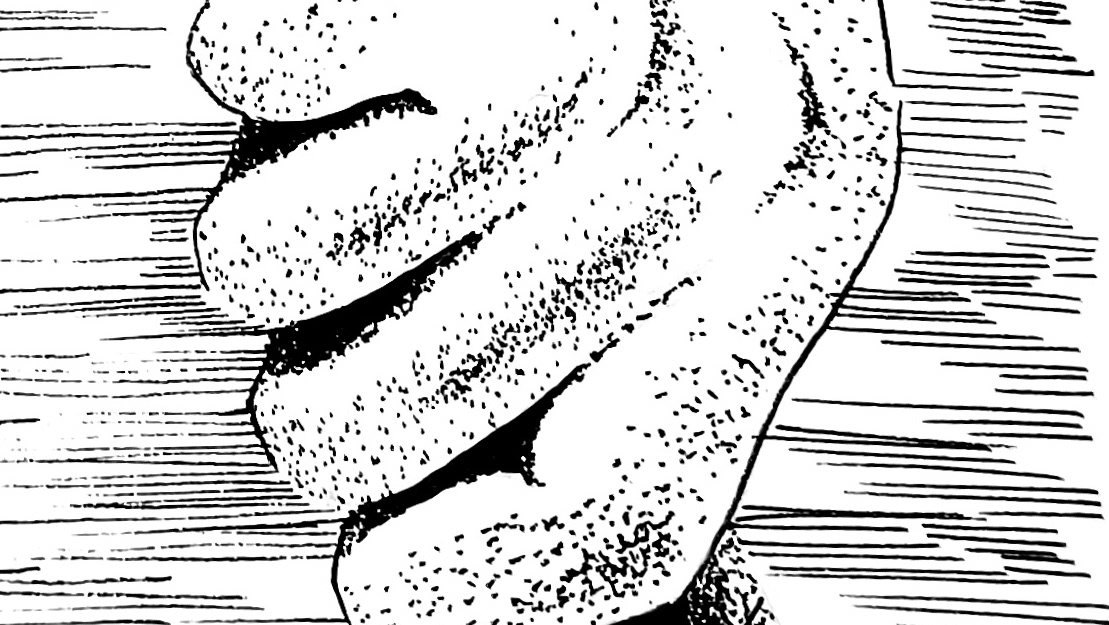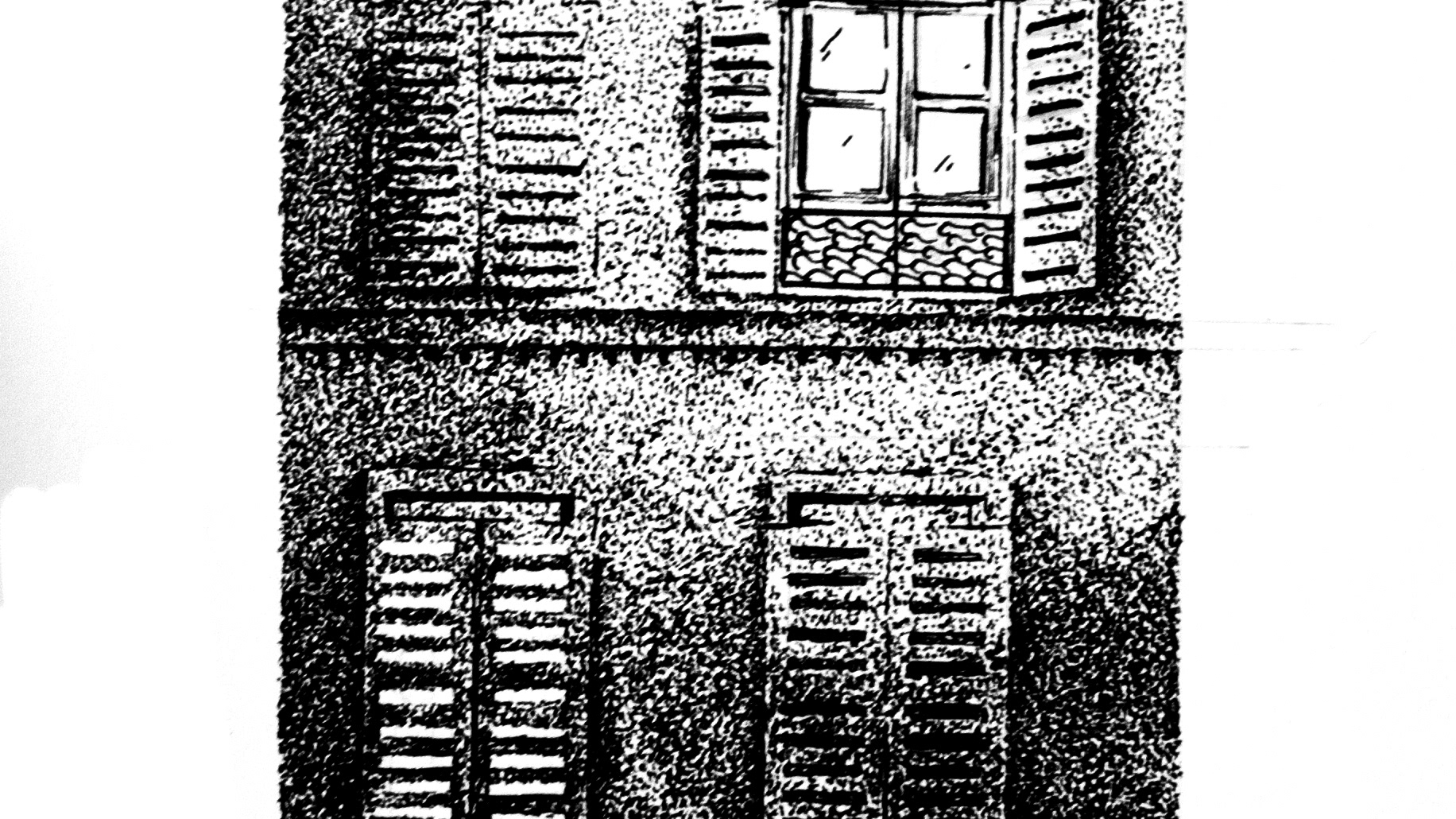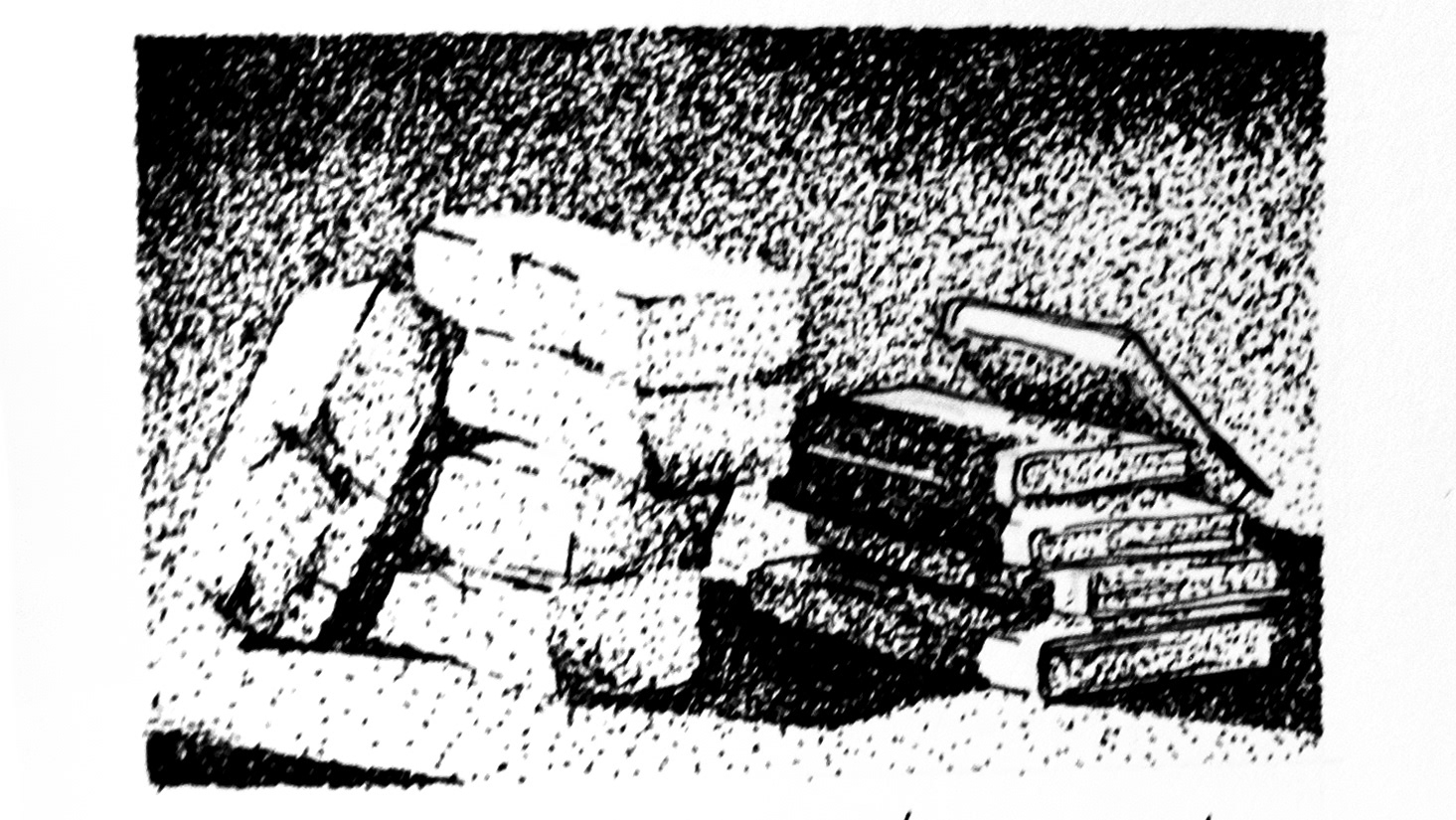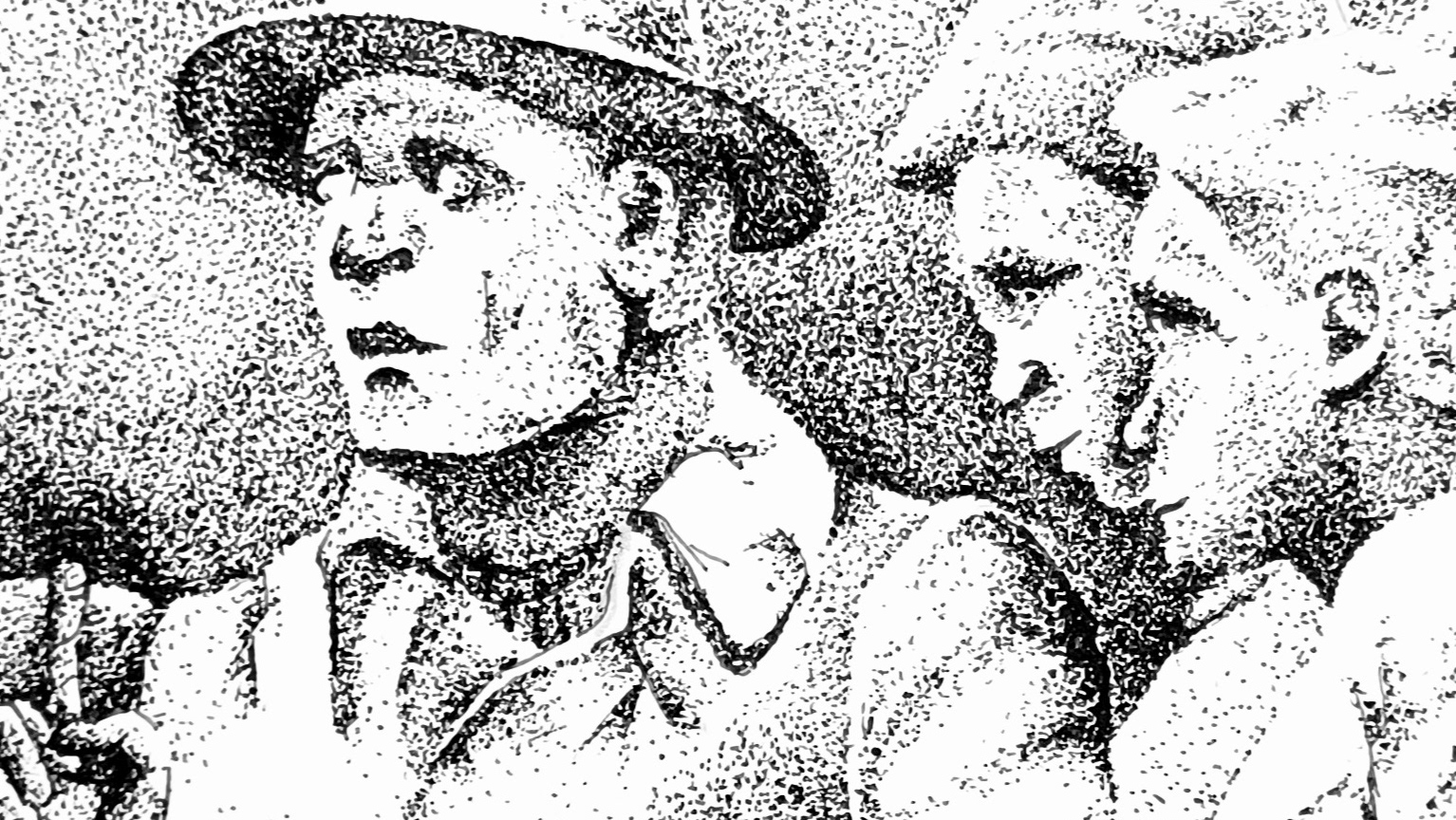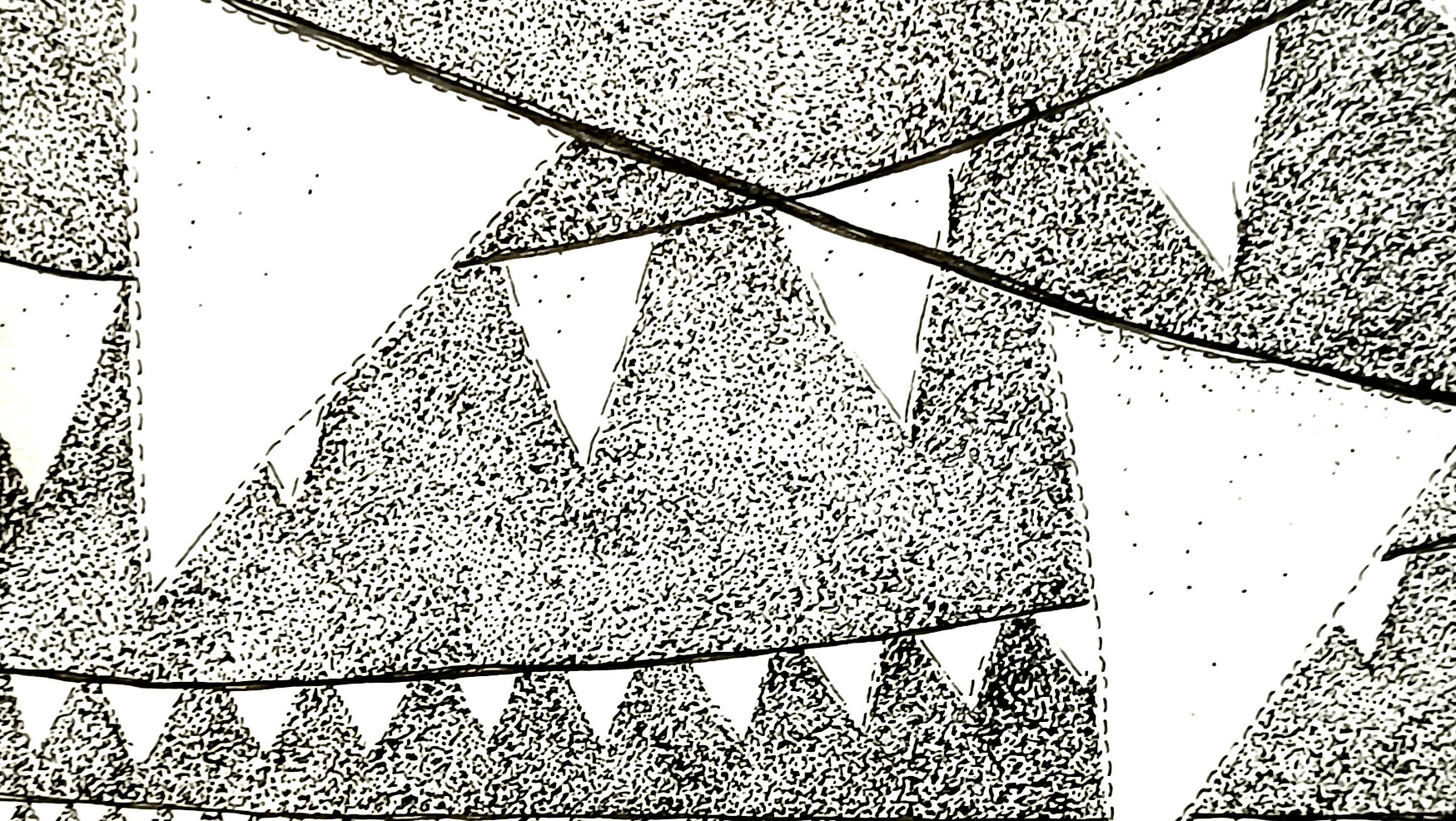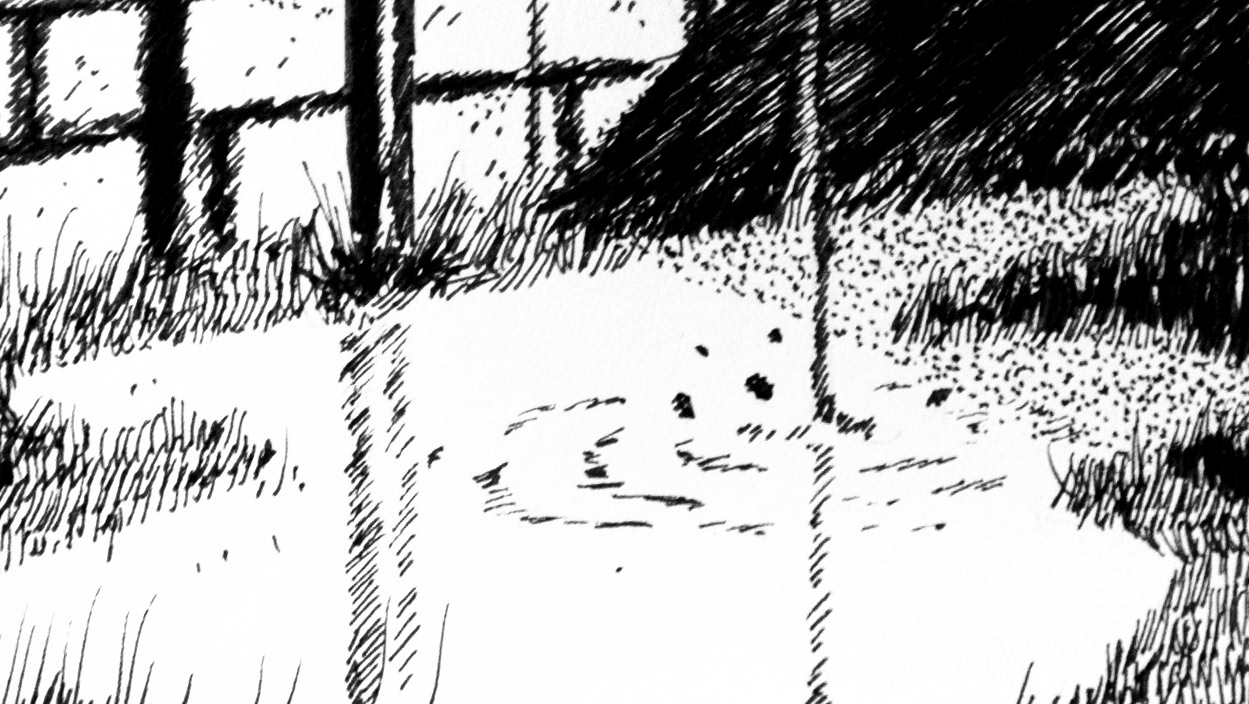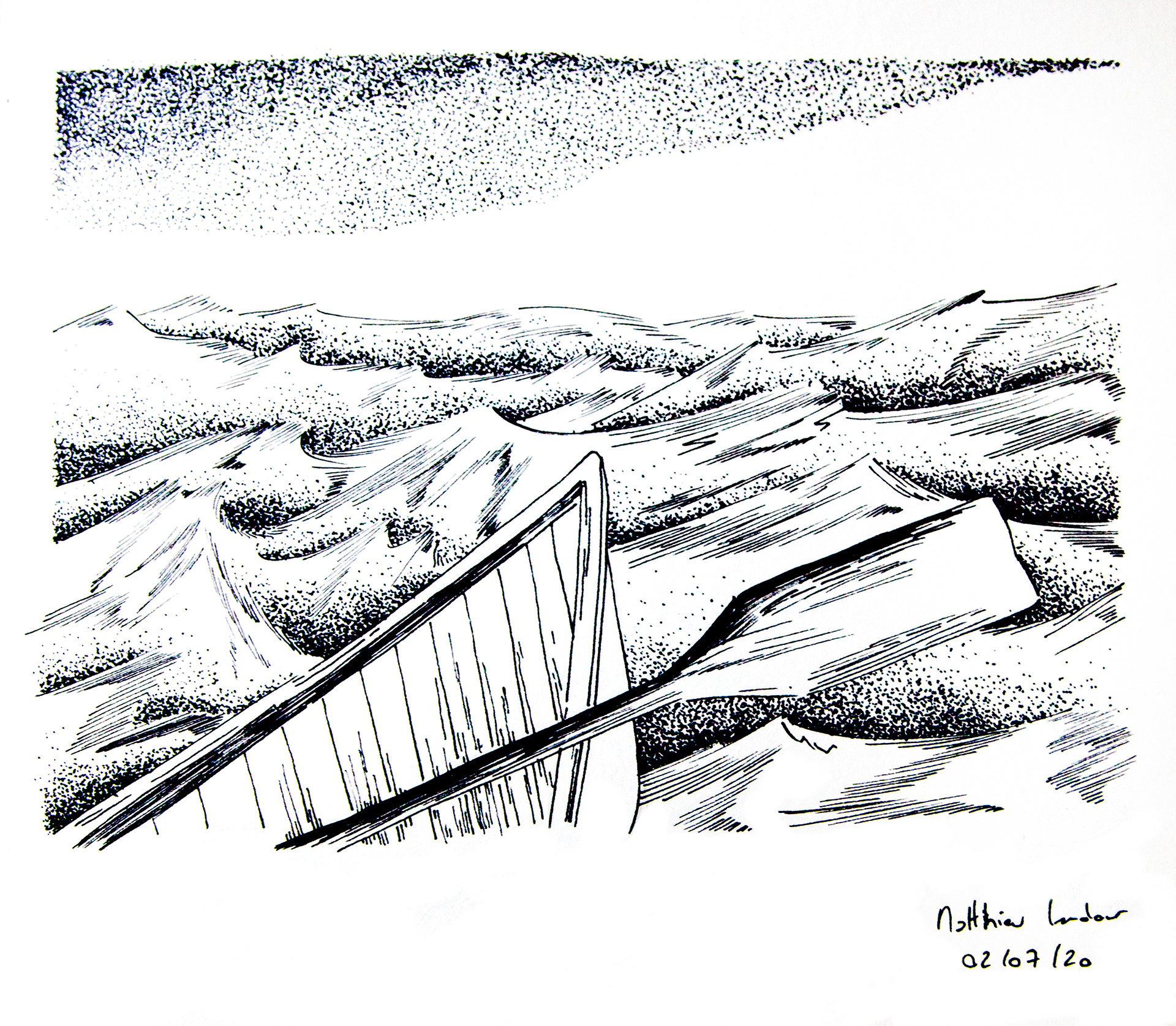
Storm
Today is the 6th of July 1942, and there was a selection a couple of days ago. One thousand one hundred and seventy five hostages have been selected as communists, fifty as jews, two dozen as undesirables. Their deportation has been decided as retaliation after several recent communists attacks against the german army, on a special order by Adolf Hitler. The hostages are getting out of the Royallieu camp in Compiegne, and walk silently to the train station. Amongst them, there is Renelde Lefebvre.
Renelde Lefebvre is not just one person, Renelde Lefebvre is a family. He is the son of two teachers, his father recently became director of the Saint Denis school near Paris. As such, he wasn't encouraged to show any political opinion, yet some knew his point of view .
At 16 years old, Renelde left his family and decided to join De Gaulle's army in July 1941. France lost the war, sure, and the new french government called for a cease fire, yet some generals disagreed. One of them, the general De Gaulle, left France to the United Kingdom and spoke at the BBC radio. He gave hope, telling that the war wasn't over, inspiring anyone to join him and his army in the United Kingdom.
Very few people heard that call, on the 18th of June 1940. The BBC agreed on giving a few more slots to De Gaulle, five minutes in french in the evening, so he spoke again on the 19th, 22nd, 24th, 26th and 28th. Then the french population started to know who that man was.
Renelde heard the call and left his family, decided to join the United Kingdom by all means. He walked from Saint Denis to the coast, and he made a plan. He would find a boat, he would cross the Channel on his own.
How can you do that? Where can you find a boat? The british coast was 30 miles away, should you train at least a little before hopping on a boat? And most importantly, how can you avoid the german army? Germany and United Kingdom were at war, the coast was heavily protected, surely a young man with a boat would be noticed.
Renelde was convinced he could achieve this but he made some mistakes along the way. At first he thought he could find a network of women and men who could help him cross the channel, but soon realised there was no such thing. He stayed at a place where the landlady was very close to the german, so Renelde prefered to leave. He stayed at a fisherman's place, yet once he explained the man his goal, he threatened to call the police. Once again, Renelde had to find another place to sleep, he found a young man like him, ready to cross the Channel, yet he gave up and left Renelde alone. Finally, he purchased a small canoe yet there was a hole on it.
Renelde didn't give up, he stayed around, with the same goal in mind. He started repairing the canoe, the wind turned. The wind turned, he met 2 pairs of young brothers, Christian and Guy Richard and Jean-Paul and Pierre Lavoix, with the same goal, a place to sleep, a solid organisation and most importantly another canoe.
They trained, for months, on the beach, right in front of german soldiers, convinced the 5 young men couldn't possibly dare such a feat. Renelde even made friends, the soldiers even helped with the repairs.
On the evening of the 16th of September 1941, Renelde and his 4 companions waited for the german patrol to finish its round. They jumped on their trusted ships and started their journey. They knew they had more chances navigating by night, it would be easier to avoid any german ships, yet the adventure turned harder than expected. The water was too clear, the boats were too easy to spot. They expected to cross the channel in 10 hours, it took 30 hours of wind, waves, cold, and they didn't bring nearly enough food. 30 hours of nightmare, with maybe, at the end, the hope of freedom. War still, yet war with hope rather than defeat, war with the feeling of being on the right side.
They made it. They landed on the british coast, safe, exhausted. The british authorities took care of them, impressed, also a little suspicious. It didn't take long to see them as who they were, brave kids. Two days later, they were brought to meet with the general De Gaulle, another day later, they met with the british prime minister Winston Churchill. It must have been impressive for those 5 young men to meet such important figures, it must have been even more impressive for Churchill and De Gaulle to meet with such brave and hopeful figures. “ There it is, the true face of France!” Churchill said as he looked at them.
Their exploits crossed the sea quicker than on canoes, several clandestines radio transmitted interviews. Renelde's mother and father were told by friends of Renelde, leaving them reassured and proud. Yet others heard about it, those who envied maybe, the resentful ones. Not everyone disagreed with the french government, and what can be inspiring for some can be treason for others. So Renelde's exploits became as much a reason to hope than an example to make, a warning for those who would try again, and what would happen to their families if they did.
Back to the present. Everyone is walking towards the train station in Compiegne. More than a thousand people in a train, it's impossible for them all to get in. Renelde is amongst them, he knows noone in the group. In the distance, his wife, waiting around. They can't join, they aren't allowed to even touch hands, they can only speak in the distance. Renelde tells his wife to wait, he is positive he'll be back soon, even though no one has any idea where they are going.
How can Renelde Lefebvre be in 2 places, United Kingdom and France, London and Compiegne?
Renelde Lefebvre is not just one person, he is a family, he is both the son and the father, they share the same first and last name. Renelde father was arrested on the 28th of April 1942, denounced by a neighbour, most probably bitter of seeing a father so proud of his son. And the german wished to make an example of his son, even though they couldn't arrest him.
Renelde was proud of his son, he couldn't hide it, you can't hide that sort of thing. You just can't.
Notes
Thank you for listening to this episode of 31000/45000, the story of 2 trains of french members of the resistance. My name is Matthieu Landour Engel, and I don’t consider myself as communist, nor did I ever voted for the communist party.
This episode was about Renelde Lefebvre, the father and his son, as they both shared the same first and last name.
I will start by explaining a little more the order of deporting 1175 men on the 6th of July 1942, which is the main starting point of this project, with the deportation of 230 women in January 1943. This train is the first repression or political train to leave France with Auschwitz-Birkenau as destination, the second train will be the women train in January 1943. Other trains will follow yet won’t go to Auschwitz-Birkenau, and there are countless other trains which went to Auschwitz, yet there were persecution train, there were train of jewish people.
This train was a long time coming, the german administration warned for a long time that if sabotage acts from the communist resistance were to continue, they would soon execute or deport hostages. Many hostages were executed in the past years, yet acts of sabotage kept on happening, so a system of deportation was put in place. The first trains to leave were actually labeled as retaliation convoys, yet there were trains of jewish hostages, so it could be argued that this retaliation system to fight acts of sabotage in french territory were a good cover up for deportation and the extermination of the jewish population in france. the 6tth of July is unique in this sense as it is the only french masculine communist train to leave to Auschwitz.
The list of the 1175 men has not been found, yet we know the list of the 1170 men who arrived at their destination. I will explain in the next episode why that number changed. Those men have been carefully chosen to represent a broad spectrum of the french population, half of them were already in the Royallieu camp, the other half were in several other camps, such as Rouille, Voves, … They were men between 18 and 55, most were communists, although there were a few who weren’t, they were for the most part from the occupied part of France, although some were originally from the no occupied part of France, yet arrested in the occupied part of france. They were workers for the most part, some were students, syndicate men, some townsmen, there was one deputy, Robert Philippot, which I mentioned on episode 3, also men from the international brigades. It was a broad spectrum, it was meant to be a broad spectrum, they were an exemple, a threat.
This list, this selection, was made by german authorities, yet they asked every departement to send them smaller list of potential communists militants, hostages, so you could easily argue that it was a french and german joint effort.
The last 50 french jewish prisoners from the Royallieu camp were included in that list, all the other french jewish prisoners from the camp had already been deported to Auschwitz in the previous months.
18 men, mentioned as undesirables, were also in the list , I will talk a little more about them in the following episode.
Now the story of Renelde Lefebvre, and his trip to the United Kingdom is a true story, from his training to his arrival, and his meeting with Winston Churchill and the general De Gaulle. He then became a sub lieutenant, participated to the liberation of france, he unfortunately died fighting in France on the 26th of January 1945.
Renelde’s wife, the father, indeed managed to meet with her husband on the 6th of July 1942, before he left France, and she met again with her son in 1944.
I don't know whether Renelde's parents were proud of their son reaching the United Kingdom, nor what type or relationship they had, I can only assume. What is known though is that letters of denunciations were written, accusing the father to be proud of his son, who betrayed the country by reaching the United Kingdom. The father was also probably a member of a gaullist resistance network, but evidences lack on the matter.
It may be worth giving a few informations about the general De Gaulle, a major military and political figure in france. he was born in 1890, fought during the first world war, he was already then highly decorated. He fought in 1940 as well, and refused to accept the armistice between France and Germany, so he disobeyed the government and escaped to England. He gained the support of Winston Churchill, and he made, on the 18th of June 1940,a famous speech on the BBC, the appeal of the 18th of June, which is regarded as the origin of the french resistance. He led from London the Free French forces, which is a resistance front, or a government in exile of sorts, even though there was a french government in france, the Vichy regime. Charles De Gaulle is a grand figure, who would later become an undisputed leader in france. We will talk about De Gaulle many more times in this project.
My sources for this episode are once again the fantastic book, Red Triangles of Auschwitz, by Claudine Cardon Hamet, the website deportes-politiques-auschwitz.fr and the website mémoire Vive.
I attempted to trace any family of Mr Lefebvre and I was helped by the Gonesse townhall and archives, Severine Lemire, Julie (but unfortunately I forgot her last name), and Christian Declerck. A huge thanks to them. If by any chance, you know of someone related to the Lefebvre family, please let me know, I would be very pleased to get in touch and make sure the text I wrote doesn’t contain any errors.
Thank you very much for listening, next episode will be about the undesirables.
